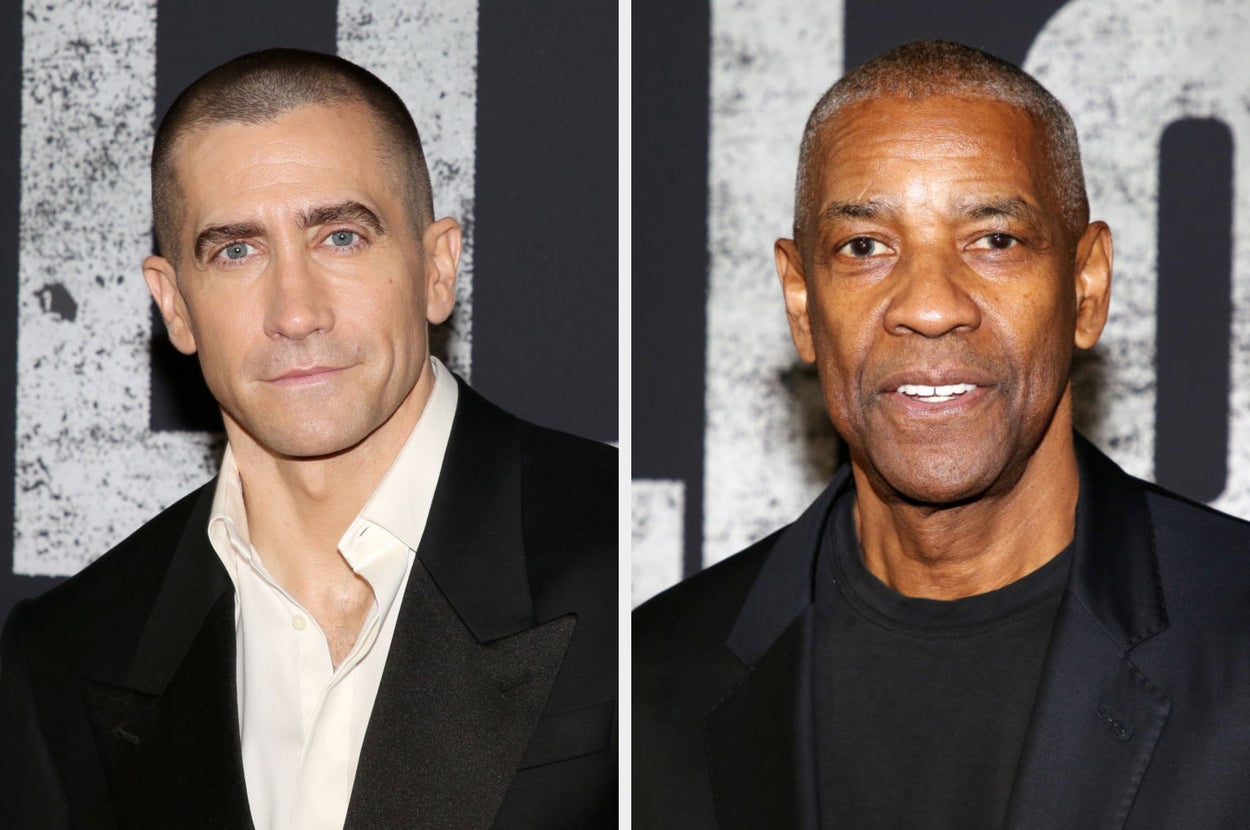A Journalist Criticized The Super Expensive Ticket Prices For Denzel Washington’s $900 Broadway Show, And What Happened Next Is As Dramatic As The Play

If you enjoy theater, journalism, or tales of revenge, then I have a story for you.
But first, let me back up and provide some context.
Sunday, March 23, was opening night for Broadway’s most recent revival of Shakespeare’s Othello, starring Denzel Washington and Jake Gyllenhaal.
In addition to press surrounding its celebrity casting, Othello has received buzz for being a runaway hit at the box office, earning $2.8 million in one week alone.
Othello is charging $921 for the first 14 rows of the orchestra (and for most of the seats in the first two rows of the mezzanine). Yes, you read that correctly. $921. And, as you can see in the screenshot from the Telecharge ticketing website below, some tickets are going for as much as $3,421.
One reporter, Johnny Oleksinski of the New York Post, wrote an article about the exorbitant prices. Here are some excerpts from his article:
Sounds reasonable, right?
Here’s some background on how press tickets work in the theater industry: Before plays have their “opening night,” they have performances that are referred to as “previews.” This way, the creative and production teams can continue to workshop last-minute changes and make tweaks before a live audience. A few days before a show’s official opening night, the production is more or less “frozen” in terms of making any more creative changes.
It’s also during previews that journalists see the shows for free. I asked Johnny to confirm my understanding of the relationship between journalists and theater productions, and here’s what he said:
“Critics and reporters are invited to the last several previews of a show before opening night…By RSVPing, we, [critics and reporters], agree to an embargo for when our reviews can run online and in the newspaper, such as the case may be. A kind of e-handshake agreement.”
I also asked Johnny about his experience attempting to get tickets to the Othello production. He told me, “The timeline here is important.”
“I received my invite, as usual, on March 4. And then, on March 9, I wrote a column criticizing its $921 ticket prices — as far back as Row M and in the mezzanine! — as well as several other shows’ sky-high charges.
That piece got a lot of traction because regular audiences have been feeling burnt by Broadway for quite a while.
I eventually RSVPd on March 12, nine days before opening.
At first, a publicist replied, ‘Confirmation to come.’ Four hours later, a more senior flack reversed course: ‘Johnny – Unfortunately, we do not have ticket availability for Othello,’ they said.
It was my first time in 10 years at The Post (and 14 as a theater writer) of being invited to a show, and then told — my words — ‘Just kidding!'”
(BuzzFeed reached out to Othello production for comment but has yet to receive a response.)
Which gets us to the next part of this story. So when Othello did not provide Johnny with a free press ticket, they inadvertently relinquished him from having to wait until opening night to run his review.
Remember before how I said there’s a general agreement that journalists will wait until opening night to publish their review? And how Johnny didn’t have to abide by that anymore? Well, Johnny decided to publish his review a week before opening night.
And Johnny’s review was a pan. Here are some quotes from his review:
Putting out a review a full week before all of the other publications was, dare I say, fair?
Some people might call it petty, but I think if it is petty, it’s perhaps the right amount of petty.
Johnny’s review also had the benefit of being the first “official” review out in the world. I’m someone who tries to keep up-to-date on theater happenings, and Johnny’s review was certainly my first exposure to what critics were saying about Othello.
As I haven’t seen the show myself, I was curious if other reviewers would agree with Johnny. Well, here are some of the other headlines about the production:
And, on Show Score, the theater industry’s version of Rotten Tomatoes which aggregates audience scores, Othello got a 57%.
While learning more about Johnny’s experience, I asked him his thoughts on the supply-and-demand nature of commercial theater. Johnny shared:
He also expressed his concern for the future of theater, especially given its increasing inaccessibility:
“A $225 ticket for a decent seat at a musical might seem fine to a single New Yorker with a disposable income. But ask the tourist or day-tripper mom of a family of five, for whom Broadway has become a cost-prohibitive luxury. Even a once-a-year jaunt is close to impossible. Readers tell me this all the time.
If kids and teens don’t go to the theater now, they’re definitely not going later. Who will be Broadway’s customers 20 years from now?
Yes, profitability is more of an uphill climb than ever. A basic musical can cost more than $30 million these days. But the industry was already headed in that direction pre-pandemic.
I’m going to side with struggling ticket buyers rather than the many, many people…who allowed this to happen.”
If you’re wondering what would Shakespeare have to say about all of this, I have some guesses.
I’ll give the Othello production team credit where it’s due. Since Johnny’s article was published, Othello has partnered with the Boys & Girls Club of America to welcome some 2,000 students to see the show, which is an important step.
And yes, the production does offer an indeterminate number of $49 lottery tickets for next-day performances, as well. The website doesn’t say how many lottery tickets exist per performance, but I’ve entered that lottery more times than I can count (including for middle-of-the-week matinee performances, sorry, work). And I have yet to win once.
But still, even with these initiatives in place, I’m just not sure you can call that true accessibility. And also, I don’t think that’s the point here.
To me, the point is this: If the Othello team really did rescind Johnny’s tickets as a response to his article criticizing steep ticket prices, then that would be very concerning.
In an era when journalists are being punished and silenced for simply reporting on the facts and doing their jobs, it would be upsetting if that same dynamic is playing out in the world of theater reviews.
If the production did rescind Johnny’s ticket in retaliation, does that mean they did anything illegal? No, of course not. But that doesn’t make it right. In Johnny’s words:
“Producers aren’t legally obligated to invite any critics. What they can’t do is bar us from entering the theater if we buy our own ticket — per the Supreme Court.
The Othello producers broke no rules by not giving me tickets. But if I were them, I would ask myself if I want to be actively discouraging arts journalism, whether it’s on my side or not.
It’s easy to do when you have the $2.8 million-a-week Denzel show. But who knows what the next one will bring? One day, they’re banning you; the next, they’re banging down your door.”
So, there you have it. A Shakespearean drama about a Shakespearean drama. What are your thoughts? Have ticket prices gotten way out of hand, or is that just show biz, baby?
Let us know your thoughts in the comments!







